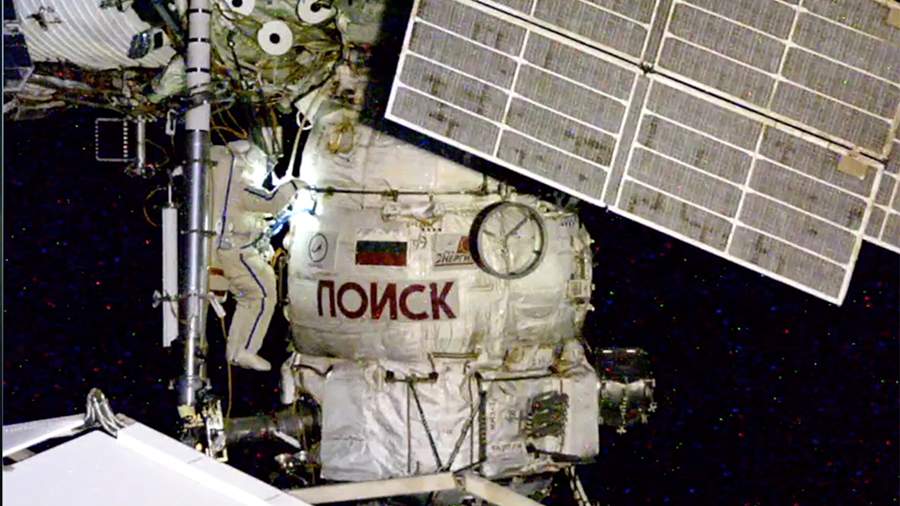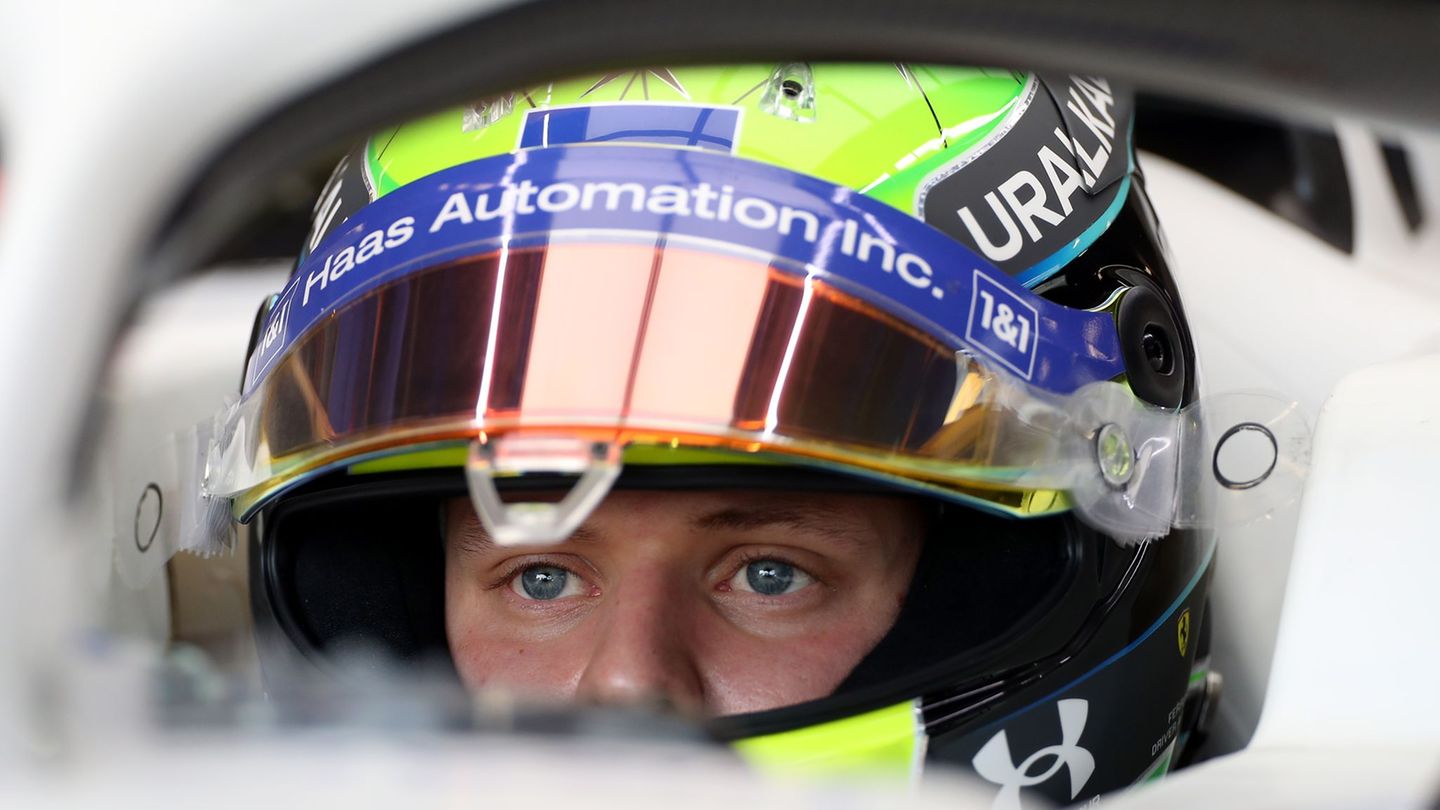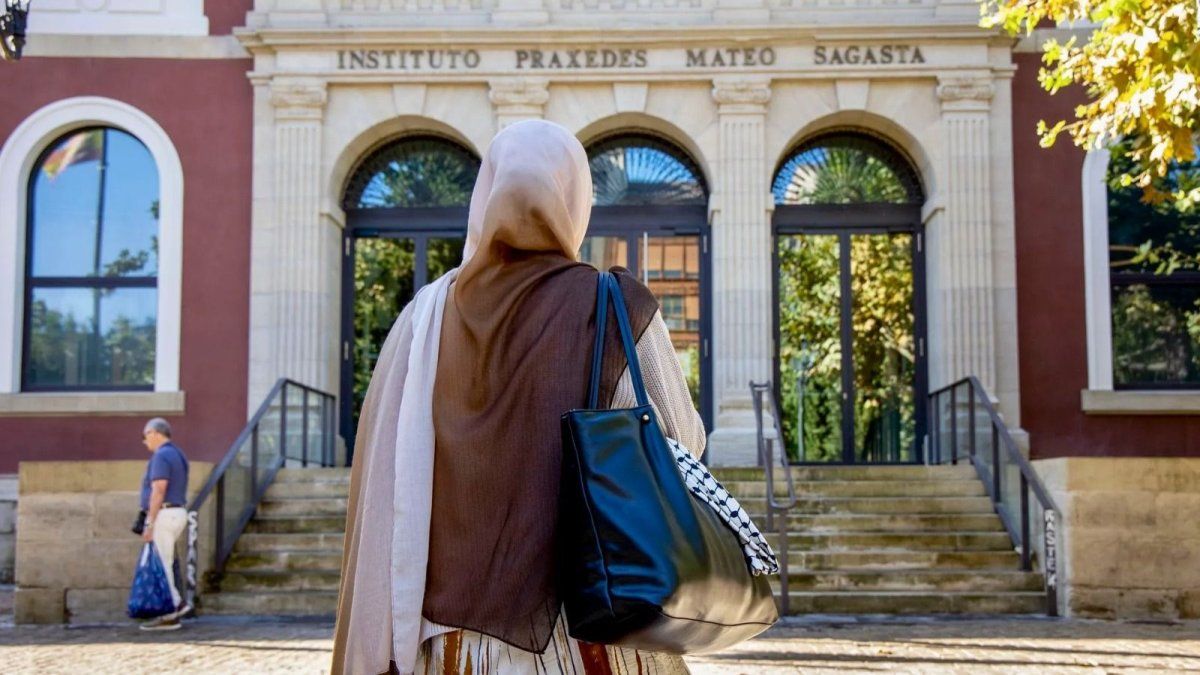Russian cosmonauts Anton Shkaplerov and Pyotr Dubrov on Wednesday, January 19, began a seven-hour spacewalk from the International Space Station (ISS), the first in 2022.
At 15:20 Moscow time, the cosmonauts opened the exit hatch of the Poisk module on the Russian segment of the ISS and began to climb out onto the outer surface of the station in order to perform a number of works on the integration of the new Prichal module.
So, Shkaplerov and Dubrov need to install and connect the antennas of the Kurs-P passive rendezvous system on the outer surface of the new Russian module, reinstall the TV camera and lay a TV cable, as well as mount targets for docking ships and install handrails for the transition between the Nauka and “Pier”.
If time permits, the cosmonauts will dismantle the antennas of the Kurs-NA active rendezvous system from Prichal.
The previous spacewalk to integrate the Science module took place on September 9, 2021.
The duration of the exit was about seven hours. It was reported that cosmonauts Pyotr Dubrov and Oleg Novitsky completed all the main and additional tasks. In particular, they fixed the exit hatch cover and installed a protective ring.
On November 26, the new nodal module Prichal docked with the Nauka module on the ISS. It is designed to increase the technical and operational capabilities of the Russian segment of the station.
In August, Roscosmos CEO Dmitry Rogozin said that the Russian national orbital station will become the prototype of modules that will go to other planets in decades. He expressed confidence that the creation of a new Russian orbital station would cost less than “tens of billions of rubles.” It takes about four years to finalize the ready-made basic module for the future station. After that, a new node module-berth and a module with gyroscopes will be added. This will become the basis of the station’s appearance, Rogozin added.
In September, Roskosmos for the first time published the composition of the future Russian orbital station. The state corporation allocated funding for the development of requirements for it and its seven modules in the amount of 1.735 billion rubles.
Source: IZ
Jane Stock is a technology author, who has written for 24 Hours World. She writes about the latest in technology news and trends, and is always on the lookout for new and innovative ways to improve his audience’s experience.




